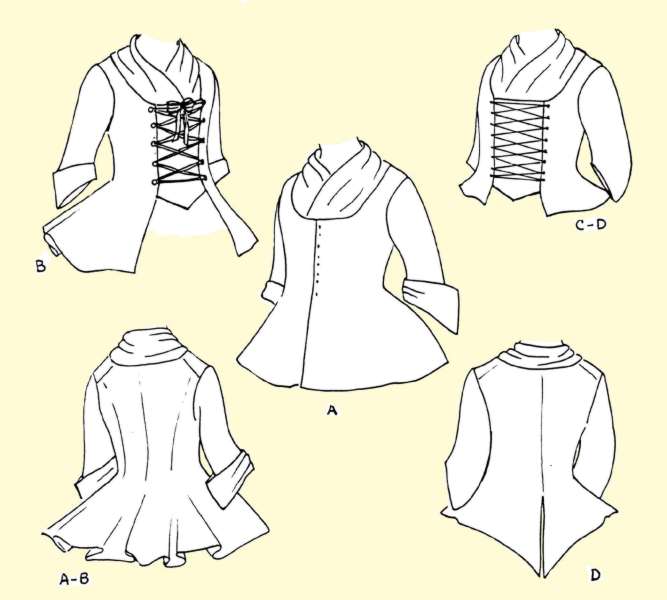Colonial America
 Some of my earliest memories in social studies or American history class are about the 13 colonies and the several major Native American Indian tribes located in the areas colonized by the newly arriving European settlers. One of the major and only African American names mentioned is Phillis Wheatley. Born in 1753, Phillis was a young Senegalese girl of 7 or 8 when she was kidnapped and shipped to the colonies; she was eventually sold to the Wheatley family in Boston. Purchased to be a companion or slave to Susanna the wife of John Wheatley, Phillis was given various opportunities that were not offered to many of her counterparts. Phillis apparently suffered from ailments (which kept her mistress Susanna from training her as a house servant) and prompted Susanna to teach Phillis reading, writing, theology, Greek and Latin.
Some of my earliest memories in social studies or American history class are about the 13 colonies and the several major Native American Indian tribes located in the areas colonized by the newly arriving European settlers. One of the major and only African American names mentioned is Phillis Wheatley. Born in 1753, Phillis was a young Senegalese girl of 7 or 8 when she was kidnapped and shipped to the colonies; she was eventually sold to the Wheatley family in Boston. Purchased to be a companion or slave to Susanna the wife of John Wheatley, Phillis was given various opportunities that were not offered to many of her counterparts. Phillis apparently suffered from ailments (which kept her mistress Susanna from training her as a house servant) and prompted Susanna to teach Phillis reading, writing, theology, Greek and Latin.
Phillis eventually published her first and only book of poems and was able to travel to England to promote them. Unfortunately, soon after her return to the colonies both Susanna and John died. Phillis was given her freedom upon John's death in 1778 and eventually married a freed black man. Tragically all three children they would have died in infancy and her husband spent time in prison for debt. Phillis would later take a job as a maid and eventually die herself in 1784 at the seemingly tender age of 31.

Phillis Wheatley Monument in Boston

Phillis Wheatley Monument in Boston
Phillis obviously seems to be an exception to the rule (for not only black Americans of the time but also women) but many people do not know that most early Africans transported to the colonies arrived as indentured servants not slaves. In 1619 the first black Africans came to Virginia. With no slave laws in place, they were initially treated as indentured servants, and given the same opportunities for freedom dues as whites. "However, slave laws were soon passed – in Massachusetts in 1641 and Virginia in 1661 –and any small freedoms that might have existed for blacks were taken away. As demands for labor grew, so did the cost of indentured servants. Many landowners also felt threatened by newly freed servants demand for land." Phillis's abduction in 1753 coincided with the turn in ideology and treatment of Africans in the colonies.
Still, freed blacks did live in the colonies and although they wouldn't have had the gorgeous robe a la francaise or anglaise we adore and see in museums across the world, a short jacket or a caraco (passed down or of a plain fabric) would have been worn (made of linens or possibly cotton) as cotton production was getting under way in the south.
Pattern Used: J.P. Ryan
A
Fine Collection of
Ladies' Jackets
for Undress Wear
This very special J. P. Ryan
pattern contains 10 pattern pieces which may be combined to create an entire wardrobe of
18th century jackets. Four views are given, each for a different time period.
Because all the pattern pieces, i.e. sleeves, cuffs, backs and front, were
designed to fit together, you may create additional styles, based on your own personal
research.

My work in progress:
I still need to create a hem for the fichu and a cap for my hair.
Items still on my to-do list.
Items still on my to-do list.
Which reminds me I need to post my Costume To-Do List for 2014 and possibly The Historical Fortnightly Sew Along Details.
Till Later.. ta ta!
Source Material
Phillis Wheatley. [Internet]. 2014. The Biography Channel website. Available from:http://www.biography.com/people/phillis-wheatley-9528784 [Accessed 08 Feb 2014].
www.pbs.org









Kristen, I am so pleased by your blog title, Channeling Mrs Keckley. I was fascinated by the stories about her. I hope you make it back to CoCo real soon.
ReplyDeleteVal
Thanks Val, Mrs. Keckley's story is a great one (w/ a sad end) and I will eventually write a post about it. I can't wait to come to CoCo this year! Thanks for stopping by :)
DeleteKristen, I am so pleased by your blog title, Channeling Mrs Keckley. I was fascinated by the stories about her. I hope you make it back to CoCo real soon.
ReplyDeleteOh what a life Phillis lead. I am sad that the end of her life happend as it did. What a sorrow to see your children die and for she herself to die at 31. Thank you for sharing about her. Your jacket is incredibly lovely! I really like the color and print of the fabric! Very well done!
ReplyDeleteBlessings!
Gina
Thanks for the kind words Gina!
ReplyDeleteFrom my earliest school days I have always remembered the story of Phillis but I never know until recently the true tragic short life she had.
Thanks for stopping by!
:)